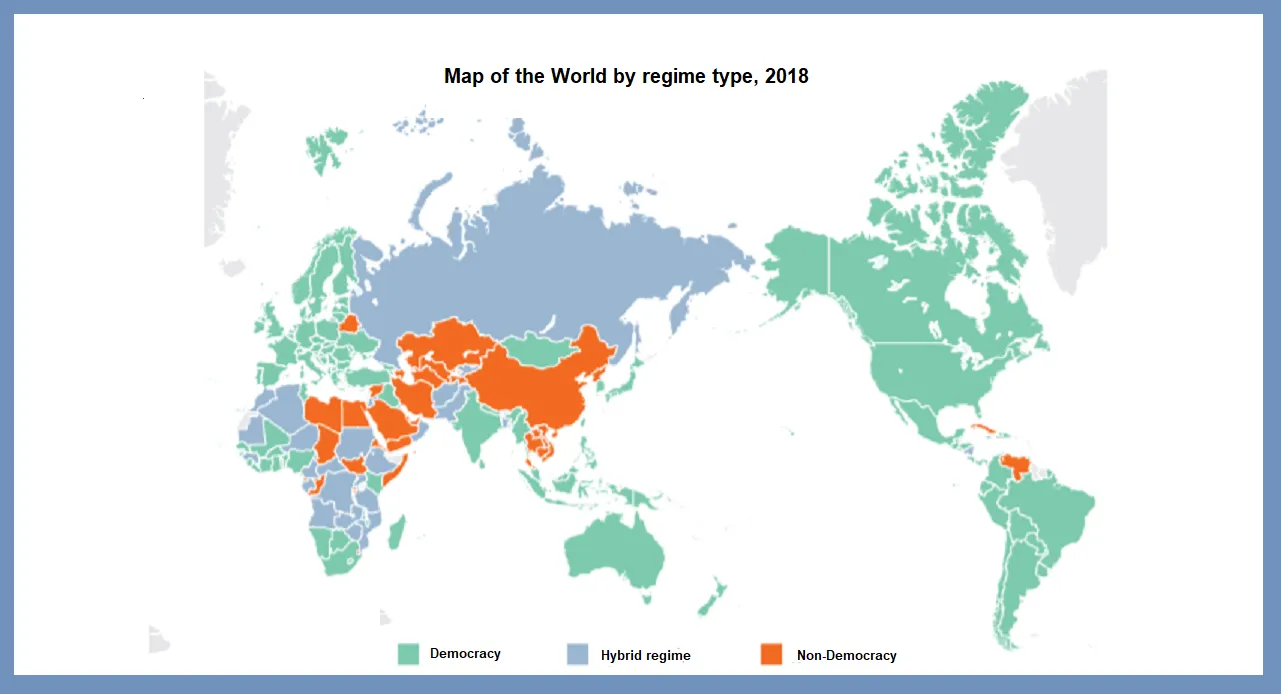Global Health Check of Democracy: A Four-Decade Perspective

Disclaimer: Views expressed in this commentary are those of the staff member. This commentary is independent of specific national or political interests. Views expressed do not necessarily represent the institutional position of International IDEA, its Board of Advisers or its Council of Member States.
Este artículo está disponible en español.
Democratic societies differ in terms of their historical trajectories, their levels of socio-economic development and their cultures of democracy. As a result, democratic traditions are both new and old, and democratic political systems govern both developed and developing countries—democracy is applicable against any cultural backdrop.
However, democracy does not come without challenges. Countries can and do experience problems in the functioning of their democratic institutions that can lead to deep political crises. Democratic declines, which often culminate in failed elections, send shockwaves across countries that also resonate regionally and globally. Recent episodes in Latin America include the Venezuelan elections from 2015 to 2018 and the 2019 elections in Bolivia. Such episodes are common in other regions of the world.
Democracy is a human right, and the push for democratization remains high on the people’s agenda globally. One way to strengthen this effort is to arm policymakers and democracy practitioners with comparative knowledge to inform their strategies, programmes and policy interventions in support of democracy. This inspired the International Institute for Democracy and Electoral Assistance (International IDEA) to publish its bi-annual report series on global democracy trends.
The Global State of Democracy 2019: Addressing the Ills, Reviving the Promise report (International IDEA 2019a) provides a health check of democracy. This overview is based on analysis of 28 key aspects of democracy in 158 countries, known as the Global State of Democracy (GSoD) Indices. Key democratic aspects are clustered...
To read the full text of this article, please visit the Electoral Magazine.




